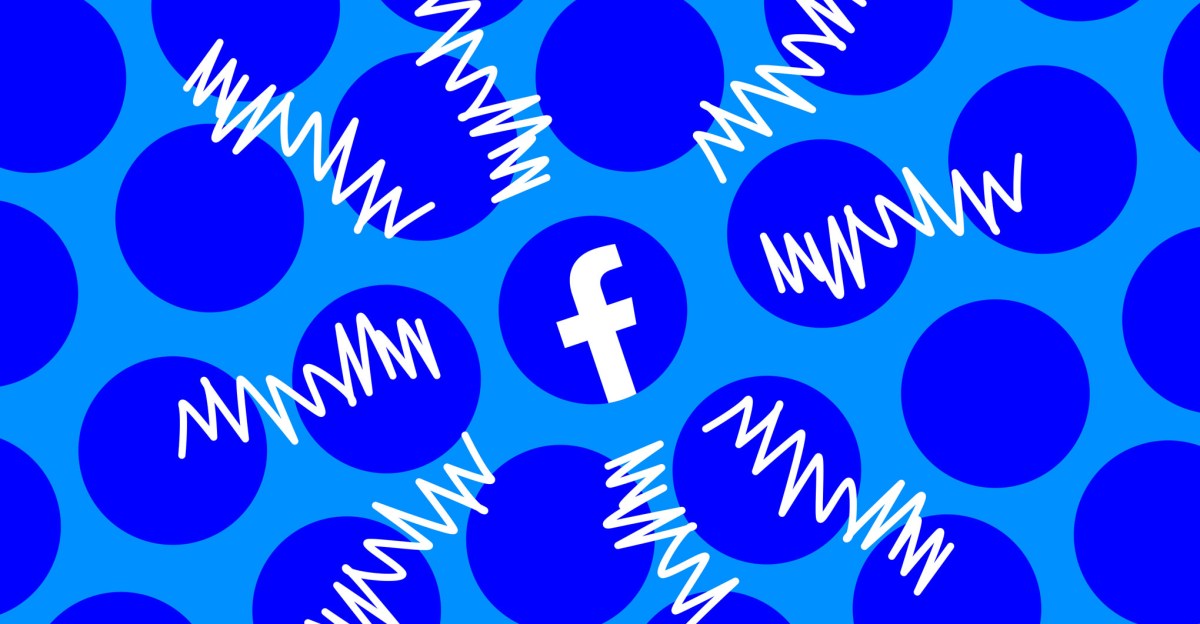Facebook’s Bold Move: The Implications of Mass Deletion of Old Live Streams
Facebook has recently made headlines with its decision to delete a significant number of old live streams, raising eyebrows and questions among users and content creators alike. This bold move not only has immediate repercussions for those who have invested time and effort in creating live content but also prompts a deeper conversation about data retention, user engagement, and the future of user-generated content on the platform.
Understanding the Mass Deletion of Live Streams
Live streaming has become a vital component of social media interaction, offering a real-time connection between creators and their audiences. Over the years, Facebook has positioned itself as a key player in this arena, attracting countless users to share their experiences, talents, and insights through live video. However, the recent announcement to purge older live streams has left many wondering about the reasoning behind this decision.
According to Facebook, the deletion is aimed at streamlining content and improving user experience. By removing outdated or less relevant live streams, the platform hopes to enhance its algorithm’s efficiency and ensure that users are exposed to the most engaging content. This data cleanup, while logical from a technical standpoint, raises significant concerns regarding the implications for creators who rely on their past content for audience growth and engagement.
The Impact on Content Creators
For many creators, the mass deletion of old live streams is not just a technical adjustment; it represents a fundamental shift in how their content is managed and perceived. Here are some key impacts:
- Loss of Historical Content: Many creators use their previous live streams as a portfolio to showcase their growth and evolution. Losing this archive can hinder their ability to demonstrate their journey to new followers.
- Engagement Disruption: Live streams often have unique engagement metrics. For creators, the loss of older streams may disrupt their engagement strategies and analytics, making it challenging to understand what resonates with their audience.
- Monetization Concerns: For those who monetize their content, the deletion of past streams could impact revenue. Creators often rely on a diverse catalog of content to keep their income streams flowing.
User Concerns: Data Retention and Privacy
The decision to delete old live streams raises significant questions about data retention policies on the platform. Users may be left pondering:
- What happens to my data? Understanding how Facebook manages user-generated content is crucial. The deletion of old live streams may indicate a more extensive strategy regarding data storage and privacy.
- Will my newer content be safe? As users witness the removal of older streams, concerns about the longevity of their current content naturally arise. Creators may seek reassurance that their newer content will remain available and protected.
These questions highlight a growing need for transparency from Facebook regarding its data policies. Users deserve clarity on how their content is handled and the rationale behind the deletion of older materials.
Facebook’s Commitment to User-Generated Content
While the mass deletion of old live streams might seem contradictory to Facebook’s commitment to user-generated content, there is a silver lining to this bold move. By focusing on relevant and engaging content, Facebook is making a statement about the quality of material that it wants to promote on its platform. This could potentially lead to:
- Enhanced Content Quality: With fewer but more relevant live streams available, users may find the platform more enjoyable and engaging, encouraging them to spend more time interacting with quality content.
- Opportunities for New Creators: Newer creators might benefit from a more leveled playing field, as the removal of older, potentially less relevant content could allow them to gain visibility more quickly.
What Does This Mean for Users?
For everyday users, the implications of Facebook’s decision are multifaceted. While some may appreciate a more streamlined content experience, others may feel a sense of loss for the community aspects that older live streams represented. Here are some considerations:
- Community Engagement: Live streams often foster a sense of community among users. The removal of older streams may disrupt established connections and discussions that have taken place over time.
- Content Discovery: Users searching for specific topics or past discussions may find it increasingly difficult to locate content that once resonated with them. This could impact user satisfaction and engagement.
Looking Ahead: Navigating the Changes
As Facebook navigates this bold move, both creators and users must adapt to the evolving landscape of content sharing. Here are some steps that creators can take to mitigate the impact of this mass deletion:
- Prioritize Quality Over Quantity: Focus on creating high-quality content that resonates with your audience, ensuring that your streams remain relevant and engaging.
- Engage with Your Audience: Use other forms of engagement, such as posts, stories, and comments, to maintain and strengthen your connection with followers.
- Backup Your Content: Consider downloading and archiving your live streams to ensure that they remain accessible to you and your audience, regardless of Facebook’s policies.
Conclusion
Facebook’s decision to delete old live streams marks a pivotal moment in the platform’s approach to user-generated content. While this bold move raises concerns about data retention, user engagement, and the future of content creation, it also presents opportunities for a more refined and high-quality content landscape. As both creators and users adjust to these changes, it will be essential to prioritize engagement, quality, and community-building to thrive in this new environment. Ultimately, the path forward will depend on how effectively Facebook communicates its intentions and supports its creators and users through this transition.
See more Future Tech Daily

